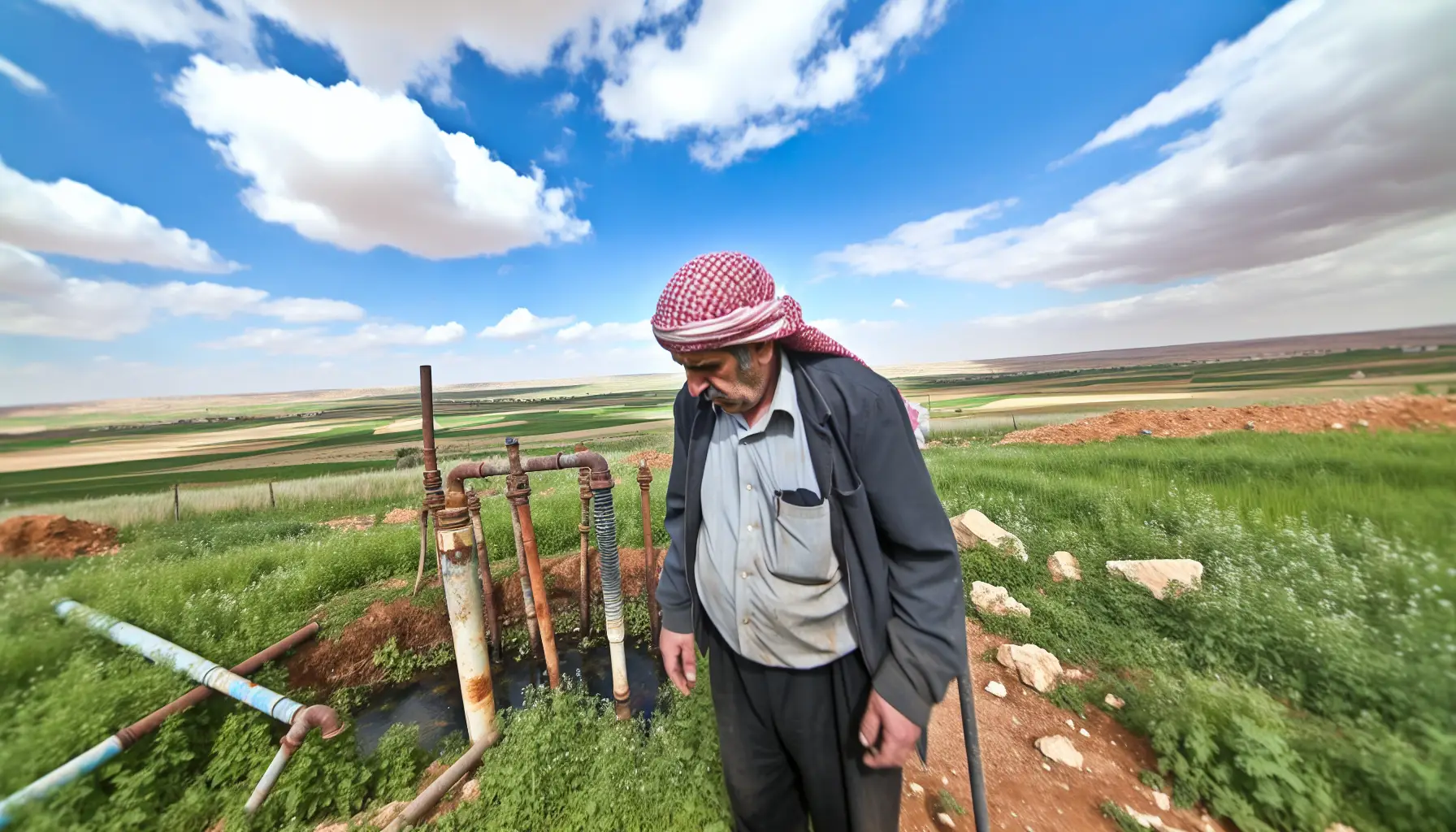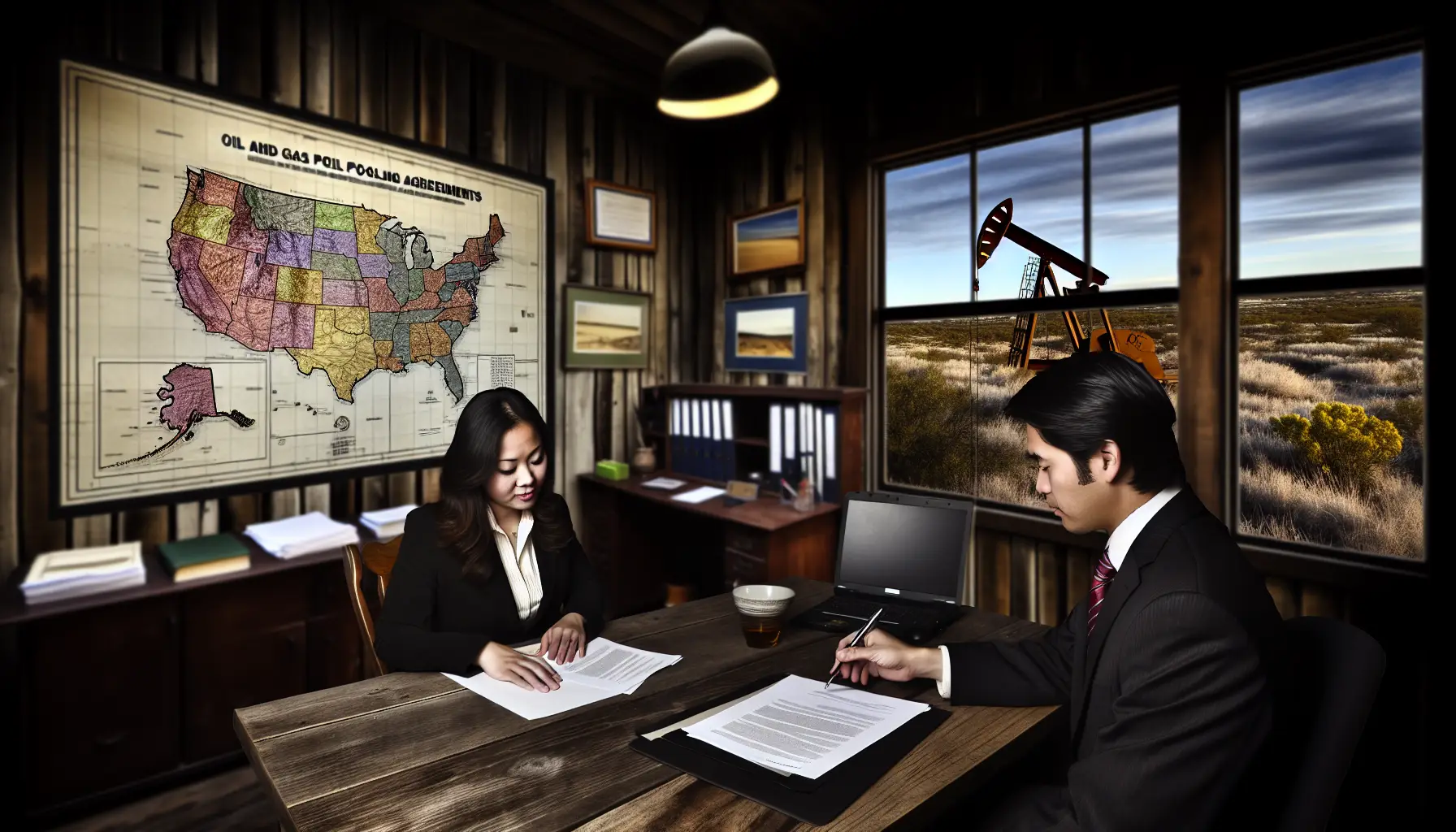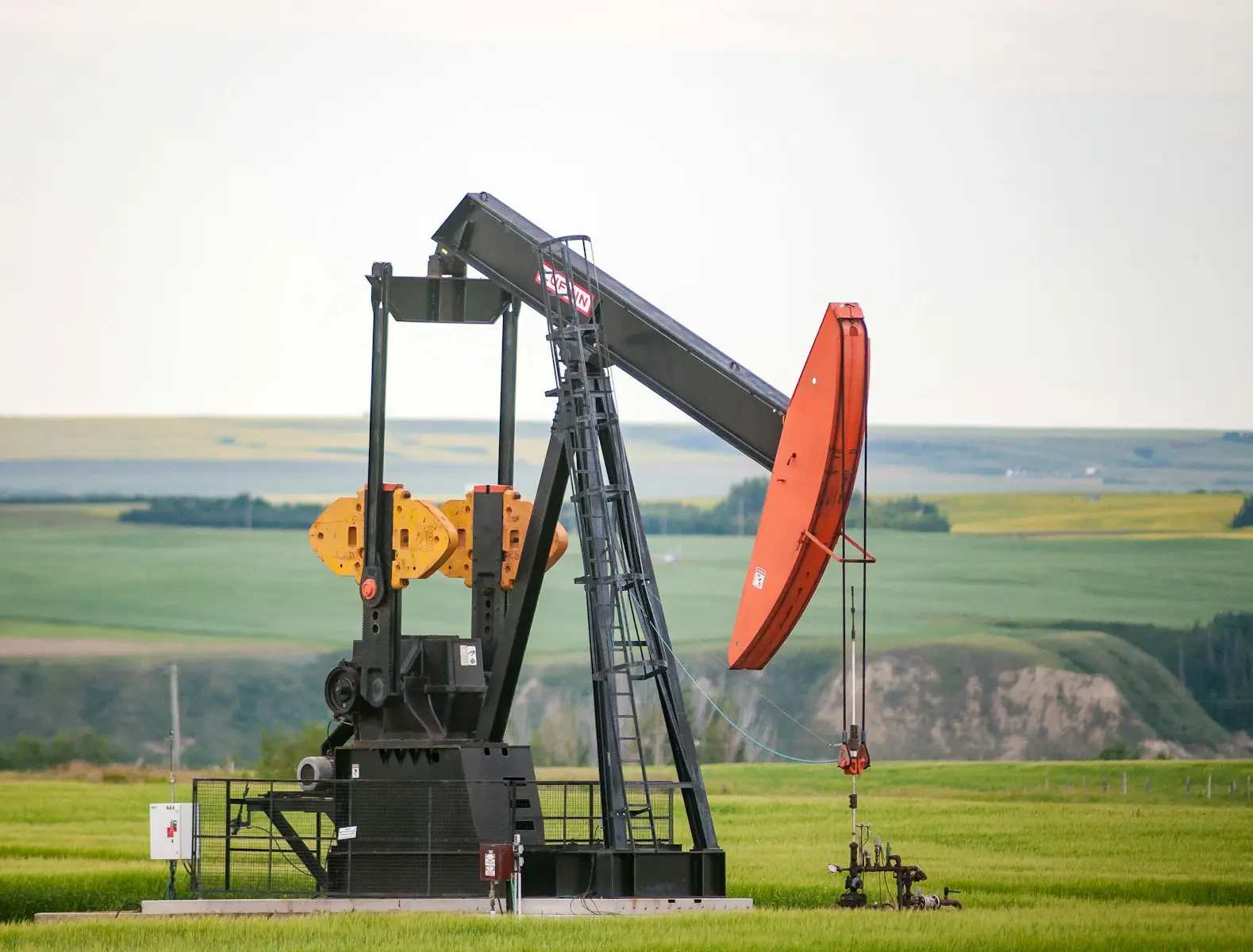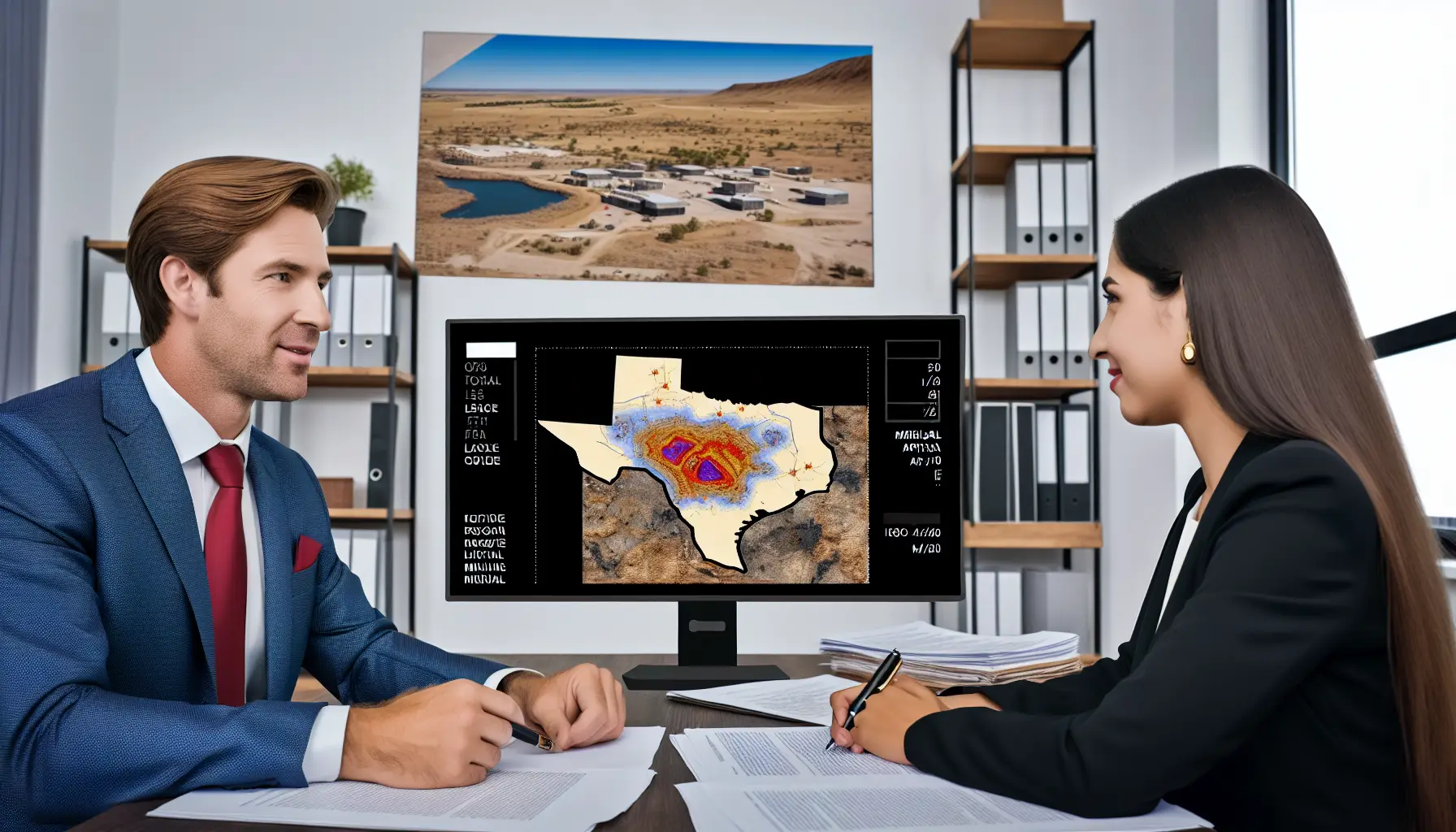When planning land development in Texas, utility easements are often a critical yet overlooked factor. These legal agreements can significantly affect how you use your land and its ultimate value. Whether you are buying property, already own land, or developing real estate, understanding utility easements helps ensure smoother transactions and minimizes costly disputes. From limiting your ability to build to potentially reducing land valuation, easements carry implications that every property buyer and owner should know. By grasping how utility easements work, you can better navigate zoning laws, negotiate solutions, and protect your real estate investment in Texas.
In This Article:
What Are Utility Easements?
A utility easement is a legal right granted to utility companies, allowing them to access a portion of your land for essential services like electricity, water, gas, or sewage. Easements are typically outlined in property deeds or agreements. While the landowner retains ownership of the property, the utility company has the right to install, maintain, and repair infrastructure such as power lines, water pipes, or gas lines within the easement area. This arrangement ensures communities receive the services they need, but it can also lead to challenges for property owners who want to develop or modify their land.
Common Types of Easements in Texas
- Electrical Easements: These allow power companies to install or maintain overhead power lines or underground cables.
- Water Easements: These are used for water pipes, drainage systems, or waterway access.
- Sewer Easements: Easements that provide access for sewage lines and their maintenance.
- Gas Pipeline Easements: These allow companies to transport natural gas through a property safely.
In Texas, specific regulations govern how these easements operate, balancing public needs with landowners’ rights. Knowing what types of easements exist on your property can help prevent future conflicts.
How Utility Easements Impact Your Property
Restrictions on Land Use
Utility easements often restrict how you can use specific parts of your land. For instance, you might not be allowed to build permanent structures or plant trees within the easement area. These rules ensure that utility companies have uninterrupted access for repairs or expansions. However, for landowners, these limitations can interfere with ideas for building homes, fences, or driveways. Consulting a real estate zoning attorney in Texas can help clarify what is permissible within the easement zone, ensuring your development plans stay compliant with regulations.
Interaction with Zoning Laws
Easements are further complicated by local zoning laws, which dictate how land within a jurisdiction can be used. Even if your property is zoned for residential or commercial purposes, easements can block certain developments. For instance, a sizable electrical easement may prevent you from constructing a garage or installing a swimming pool in your backyard. Collaborating with a land use lawyer near Houston can help you navigate these complexities and identify solutions for development while respecting easement boundaries.
Effect on Property Value
Properties with utility easements often see reduced market values. Buyers may hesitate to invest in land with restricted usability, making it less appealing for developers or homeowners. For example, a large gas pipeline easement cutting through a lot might scare off potential buyers due to perceived risks or limitations. If you are considering selling property, understanding these impacts and communicating them transparently to buyers could help you negotiate a fair deal.
Tips for Landowners to Navigate Utility Easements
Review Easement Agreements Thoroughly
Before buying property, it is vital to review existing easement agreements. These documents outline the utility company’s rights and your responsibilities as a landowner. If you are unfamiliar with legal terms, seeking out Houston real estate attorney advice can provide clarity on what these agreements entail and how they might impact your future plans.
Open Lines of Communication with Utility Companies
If you plan to develop your land, it is a good idea to communicate with the utility companies involved. Discuss what kind of activity they plan in the easement area and whether adjustments can be made to accommodate your needs. While utility companies are not always flexible, courteous and direct negotiation can sometimes yield mutually beneficial results, such as relocating underground cables or revising maintenance schedules.
Propose Modifications When Necessary
When an easement severely disrupts your property use, legal routes are available to seek modifications. For instance, you might negotiate a narrower easement area or request infrastructure relocation to a less intrusive section of your land. However, these processes are not straightforward and may require professional assistance. A property rights lawyer well-versed in Texas utility easement law can help strengthen your position during such negotiations.
The Importance of Professional Guidance
Legal Support in Easement-Related Matters
Understanding utility easements can become overwhelming, particularly when trying to balance them with zoning laws, property value considerations, and development goals. Professional legal support can help simplify the process, whether you need mineral rights advice in Houston, guidance on oil and gas property rights in Texas, or expertise in real estate zoning issues. A knowledgeable Texas property development attorney can help secure favorable outcomes for landowners encountering easement challenges.
Protecting Your Investment
Professional advice often pays for itself in the long term by helping you avoid costly mistakes. Whether you are addressing easement disputes with a property lawyer in Texas or consulting on broader land easement concerns, your goal should be to safeguard your investment and maximize property usability. Staying informed is your best defense when navigating these complexities.
Conclusion
Utility easements are more than legal jargon—they can have a significant impact on how you use and develop your land. By understanding their implications, consulting experts when needed, and negotiating solutions, you can protect your property value and realize your development goals. If utility easements are presenting obstacles for your land projects, the attorneys at Daughtrey Law Firm can provide guidance tailored to your specific situation. Let us help you make the most of your investment.





















